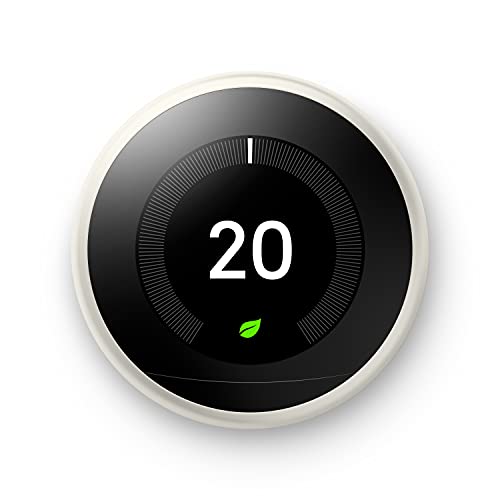Smart Home Technology in Modern Rentals
In the competitive world of short-term rentals, hosts are constantly looking for ways to stand out and enhance the guest experience. One of the most impactful ways to achieve this is through the integration of smart home technology. The adoption of these technologies not only adds a layer of modern convenience and security but also significantly streamlines property management, making it a win-win for both hosts and guests.
Smart home technology refers to a suite of devices connected via the internet that automate and enhance various aspects of home management. These devices include smart thermostats, smart locks, smart lighting systems, and home assistants like Amazon Alexa or Google Home. The integration of these devices in a rental property can elevate the standard of living, providing a seamless, modern, and high-tech environment that appeals to tech-savvy travelers and increases the overall attractiveness of the property.
Starting with smart thermostats, such as the Nest or Ecobee, these devices allow hosts and guests to control the temperature of the property remotely via their smartphones. This is not only a convenience feature but also a tool for energy management, helping to reduce electricity costs by scheduling heating and cooling periods to match guest occupancy. Smart thermostats can detect when a property is unoccupied, adjusting the temperature settings to save energy, which is particularly beneficial for hosts who manage properties remotely.
Smart locks offer enhanced security and convenience by eliminating the traditional key exchange process. Instead, guests receive a code before their arrival, which they can use to unlock the door during their stay. This code can be changed remotely after each guest departs, enhancing security. Smart locks remove the logistical challenges of guests arriving late or losing keys and provide a record of who enters the property and when, which is invaluable for maintaining security and managing access.
Smart lighting systems, such as Philips Hue or LIFX, allow users to control lights remotely or program them to react to certain conditions. For example, lights can automatically turn on when a guest enters a room or adjust to create ambiance with dimming features or color changes. This not only enhances guest convenience and comfort but also contributes to energy efficiency as lights can be programmed to turn off automatically when the room is unoccupied.
Voice-controlled assistants like Amazon Echo or Google Home provide a central control hub for all connected devices. Guests can use these devices to control lighting, adjust the thermostat, check the weather, or even order a taxi—all through voice commands. This level of interaction adds a layer of sophistication to the guest experience, making the property more attractive to potential renters.
Moreover, integrating smart home technology can streamline property management tasks, reducing the time and effort required for routine operations. Scheduling devices to perform certain functions automatically can help ensure that the property is always guest-ready, reducing the need for manual intervention. For instance, smart detectors can monitor smoke, carbon monoxide levels, or even water leaks, providing real-time alerts to prevent potential emergencies and maintain safety standards.
From a marketing perspective, properties equipped with smart home technology can be advertised as premium offerings. This not only justifies higher rental rates but also targets a broader demographic, including business travelers and younger tourists who prioritize convenience and technology. Furthermore, the data collected from these devices can be analyzed to understand guest preferences and behavior better, allowing hosts to customize their offerings to improve guest satisfaction and encourage repeat business.
In conclusion, the integration of smart home technology in short-term rentals offers numerous benefits, from enhancing guest comfort and security to streamlining property management processes. As the rental market becomes increasingly competitive, these technologies serve as a key differentiator, attracting more bookings and potentially higher revenues. For hosts looking to upgrade their properties and captivate a modern audience, smart home technology is not just a luxury; it's becoming a necessity.






